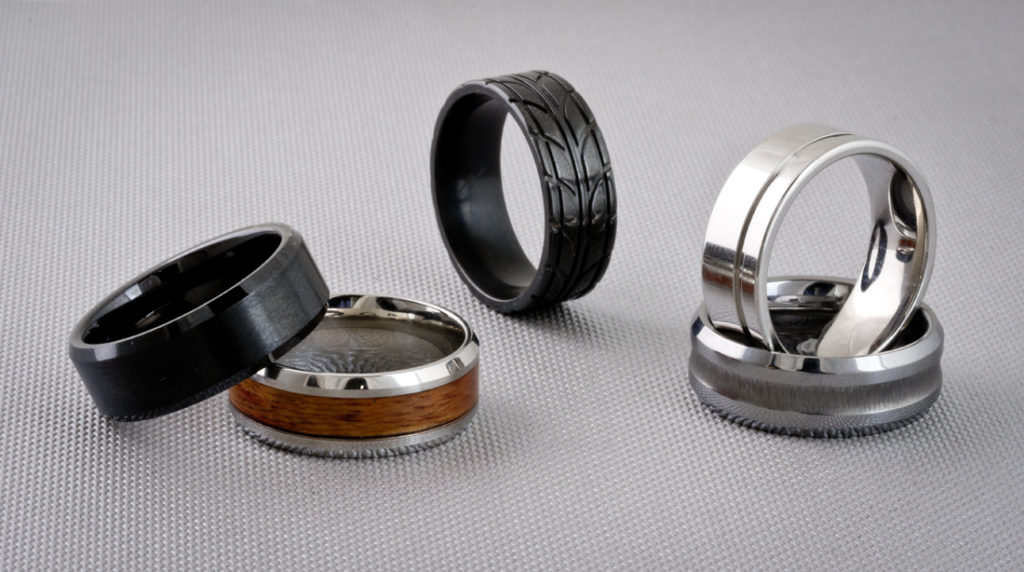Metal rings are commonly used in various applications due to their exceptional properties and durability. Here are some benefits of using different metals for making rings.

Gold Rings
Gold is a popular choice for rings due to its unique characteristics. Gold is highly malleable, which means it can be shaped into intricate designs without cracking or breaking. It is also a non-reactive metal, which means it does not tarnish or corrode over time. Gold rings are hypoallergenic, making them an excellent choice for people with sensitive skin. Additionally, gold is a dense metal, so gold rings have a good weight and feel on the finger.
Silver Rings
Silver is another popular metal for making rings. It is known for its lustrous shine and affordability. Silver is also highly malleable and can be shaped into various designs. It is a relatively soft metal, which makes it easy to engrave or emboss with intricate details. Silver rings are also hypoallergenic and can be worn comfortably by people with sensitive skin. One downside of silver is that it can tarnish over time, but this can be easily cleaned with a silver polishing cloth.
Platinum Rings
Platinum is a rare and precious metal that is known for its exceptional strength and durability. Platinum rings are highly resistant to wear and tear, making them ideal for everyday wear. Platinum is also a non-reactive metal and does not tarnish, making it a low-maintenance option. Platinum rings are also hypoallergenic, making them a great choice for people with sensitive skin. Additionally, platinum is a dense metal, so platinum rings have a good weight and feel on the finger.
Titanium Rings
Titanium is a lightweight and durable metal that is becoming increasingly popular for making rings. Titanium rings are highly resistant to scratches and wear, making them ideal for people with active lifestyles. They are also hypoallergenic and can be worn comfortably by people with sensitive skin. Titanium rings are available in various colors, including black, which is achieved through a special process called anodizing.
Stainless Steel Rings
Stainless steel is a durable and affordable metal that is commonly used for making rings. Stainless steel rings are highly resistant to corrosion and tarnishing, making them a low-maintenance option. They are also hypoallergenic and can be worn comfortably by people with sensitive skin. Stainless steel rings are available in various finishes, including polished, brushed, and matte.
Tungsten Rings
Tungsten is a dense and durable metal that is commonly used for making rings. Tungsten rings are highly scratch-resistant and do not bend or warp easily. They are also hypoallergenic and can be worn comfortably by people with sensitive skin. Tungsten rings are available in various colors, including black, which is achieved through a special process called ion plating.
In conclusion, metal rings offer a range of benefits depending on the type of metal used. Gold, silver, platinum, titanium, stainless steel, and tungsten are all popular choices for rings due to their unique properties and characteristics. Whether you’re looking for a durable and low-maintenance option or a lightweight and hypoallergenic option, there is a metal ring that can meet your needs.